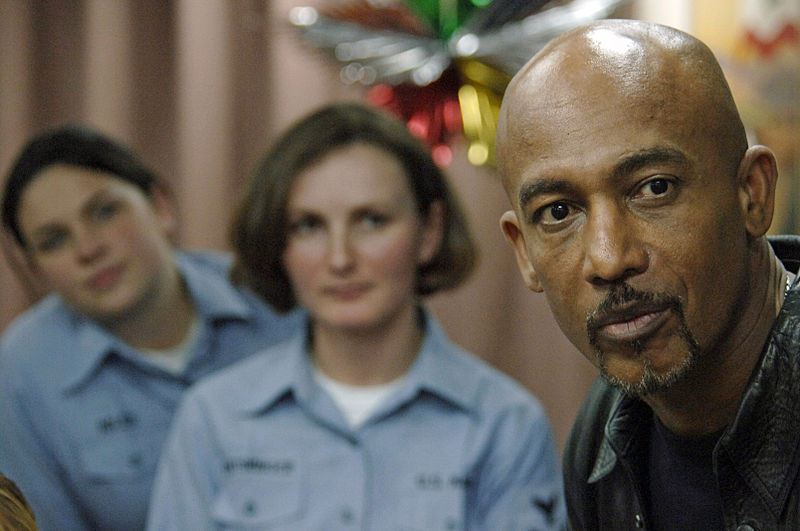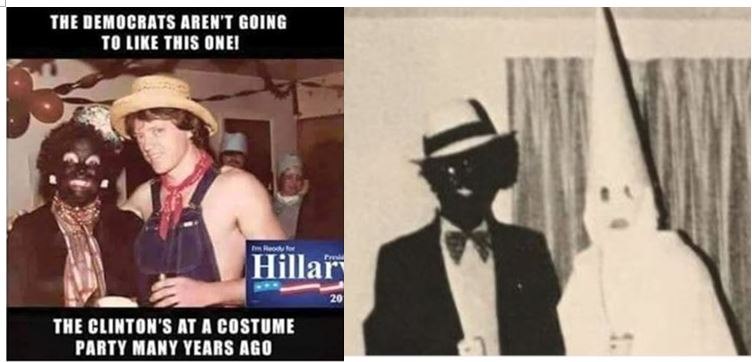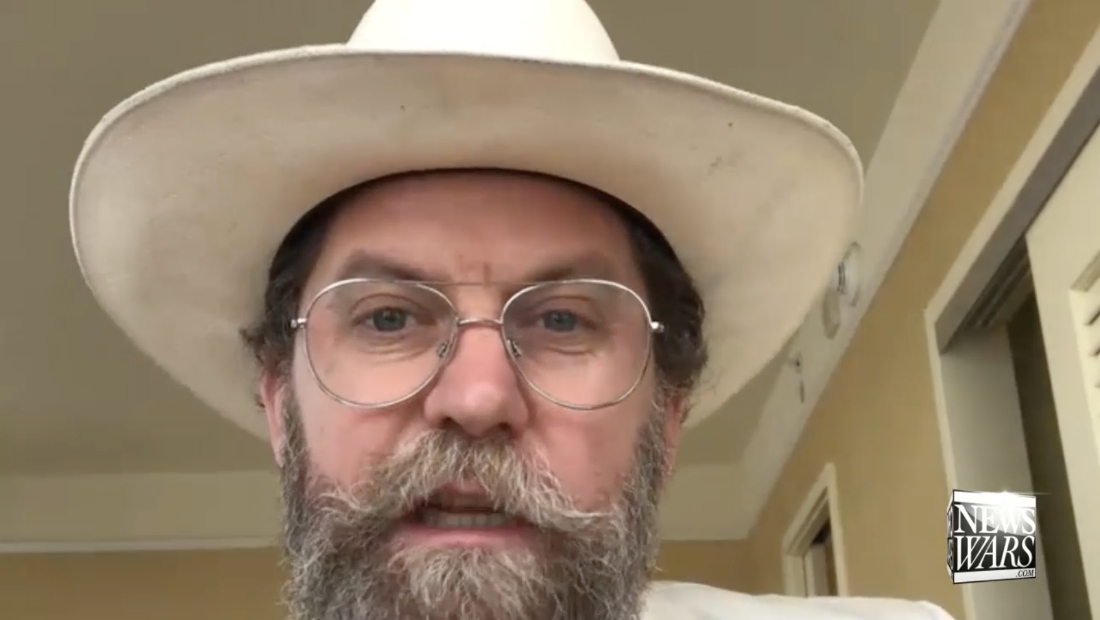Netflix as death cult
02/06/2019 / By News Editors

Stop believing in God, G.K. Chesterton is misquoted, and you will believe in anything. A suggested corollary: Stop believing in eternal life and you will be obsessed with death. Human beings can’t bear mortality without the hope of immortality. As we abandon the old faiths, we confront our own mortality naked and afraid. That, I think, explains the extraordinary surge in the horror genre during the past twenty years. It also helps explain the improbably high valuation of Netflix stock.
(Article by David P. Goldman republished from PJMedia.com)
In 2015 I observed in an essay for the Claremont website:
Ten years ago the horror genre, thrillers with an expressly supernatural element, supplied one out of 25 film industry products. By 2013 the proportion had risen to one in eight. Horror films touch a number of sore points in the American psyche. But the strangest thing about the horror boom is the popularity of zombies. 1968 was the year of the Tet Offensive, the Martin Luther King and Robert Kennedy assassinations, and global student riots. It is also the year that Night of the Living Dead first transplanted zombies from Caribbean settings to the American heartland. We’ve had nearly 2,600 zombie movies since—500 more than vampire pictures, and nearly 1,000 more than cowboy films. If the cowboy was the emblematic American in the time of Frederick Jackson Turner, the numbers argue that zombies are just as representative today.
That was before Netflix. I finally got around to watching at least part of Bird Box, in which a supernatural entity evokes the worst fears of every individual on earth, resulting in mass suicide. This apparently is Netflix’s most popular offering of the moment. It is preposterous trash, but clearly has struck the national nerve. Then there is Bandersnatch, in which the viewer can choose a number of alternative paths to an inevitable series of violent deaths. The point of the exercise is that choice is illusory and the characters are doomed no matter what.
Then there is the Coen Brothers’ The Ballad of Buster Scruggs, which mixes the Western and horror genres. In the hands of a John Ford, the journey west was also a journey towards salvation. Think of John Wayne’s jailbird and Claire Trevor’s hooker in Stagecoach (1939). In the final vignette of Buster Scruggs, the Coen Brothers give us another mixed cast of characters in a stagecoach, but they are the dead traveling to the underworld, rather than the living traveling to redemption. Something horrible has happened to the Coen Brothers, who always had a morbid fascination with violence. A decade and a half ago, O Brother Where Art Thoumocked Americans in a light-hearted and folksy way. Buster Scruggs deals unrelievedly with death: A singing cowboy is shot by a faster gun, a bank robber is hanged, a young women shoots herself rather than be taken alive by Native Americans, and a successor to John Ford’s stagecoach goes to the underworld.
A well-informed friend explains why Netflix hopes to be the dominant power in entertainment: The culture has changed so radically that no-one can watch an old-fashioned film again. After Buster Scruggs, who can watch John Ford? The film libraries of MGM, Disney and Fox will become worthless, the remnants of the old world of misogyny, racism, imperialism and—even worse—optimism. Netflix hopes to capture the cultural shift and become the main purveyor of entertainment that appeals to the new morbidity.
That is horrible, but the market appears to believe in the story. Why else would Netflix trade at more than 100 times earnings, while Disney trades at just 15 times earnings? An advertisement on the New York subway shows a children’s book that begins, “Once upon a time there was a girl…” The next panel has these words crossed out: “…who wanted to marry a prince.” In their place, the third panel reads: “…who wanted to walk on the moon.” So much for the misogynistic inheritance of Disney. As it happens I detest all the old Disney films as saccharine buncombe, and have no objection to female astronauts walking on the moon, but it isn’t about that.
Read more at: PJMedia.com
Tagged Under: bandersnatch, bird box, cult, death cult, entertainment, film, hollywood, imperialism, left cult, mainstream media, Netflix, propaganda, racism misogyny, society, violence


















